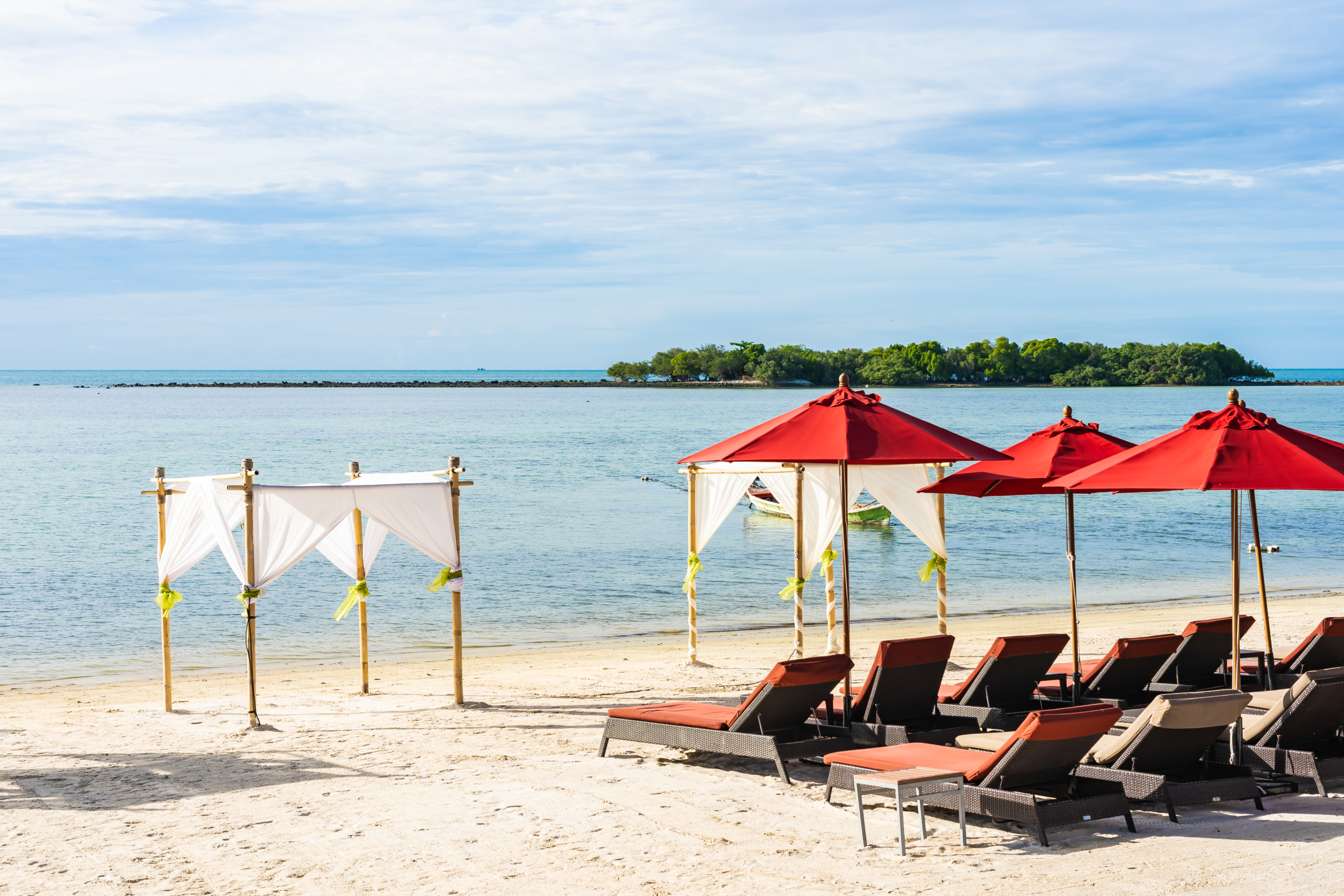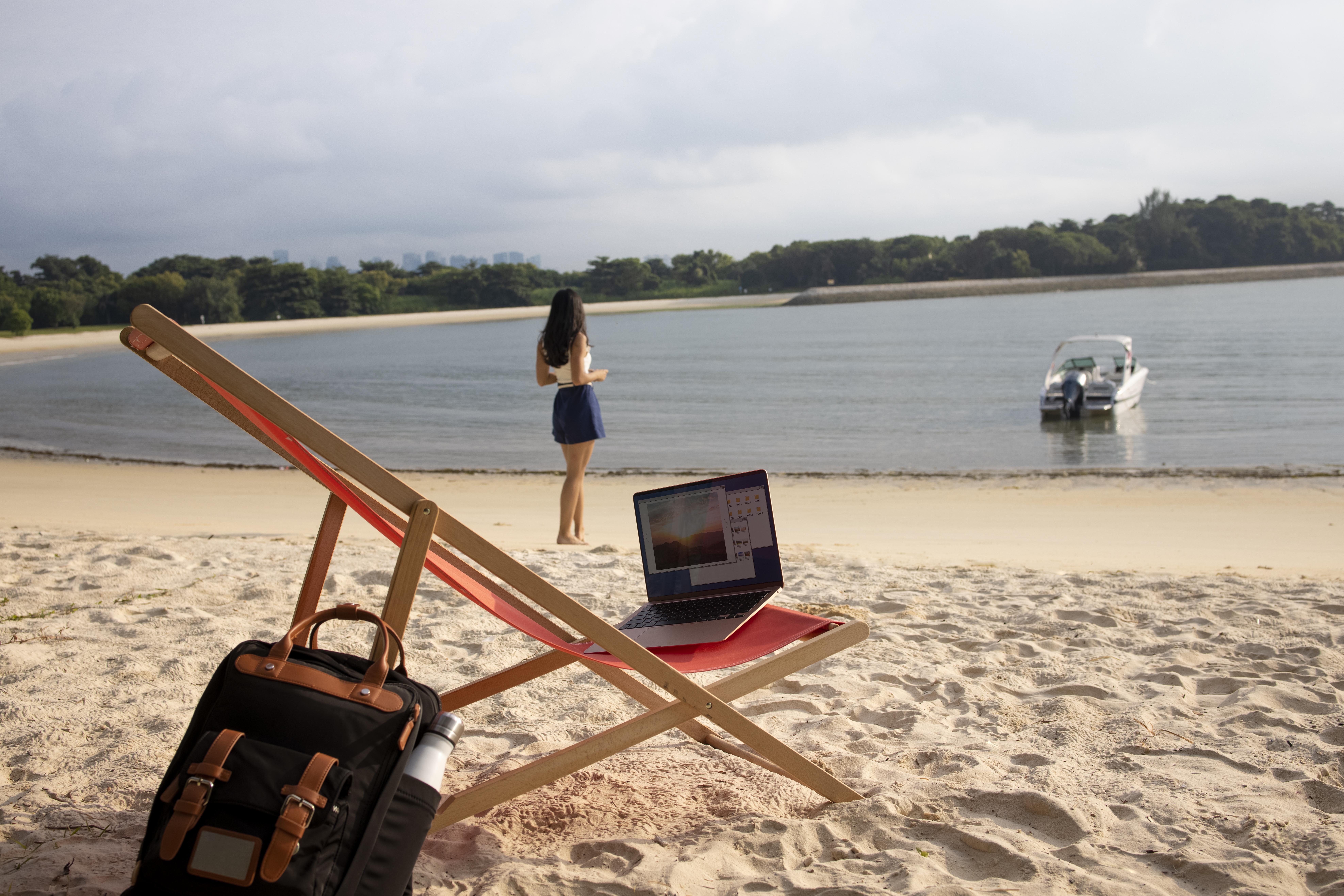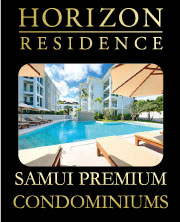- Home
- Buy
- Rent Discover the ideal rental property in Koh Samui, a tropical haven that offers more than just stunning beaches and clear blue skies. Our comprehensive listings include a diverse selection of properties for rent, from modern apartments in bustling neighborhoods to secluded villas with breathtaking ocean views. Whether you’re planning a short vacation or looking for a long-term stay, Koh Samui has a multitude of rental options to suit your needs and lifestyle. Explore our Koh Samui properties for rent and find your home away from home in this island paradise.
- Developments
- Construction
- Property Management
- Invest
- Information
- THB
- USD
- EUR
- JPY
- CNY
- AUD
- CAD
- GBP
- HKD
- CHF
- Square Feet
- Square Meters
Luxury Villas & Property for Sale and Rent in Koh Samui, Thailand
Tourism and Real Estate in Thailand
Most foreigners who purchase a property in Koh Samui have previously enjoyed holidays here, and have subsequently fallen in love with the island’s many charms, affordability and relaxed way of life. It is therefore important, when looking at the future potential of “overseas” investment regarding the property market, to first see how the Thai tourist industry, the leading industry in Thailand, has been and will continue to perform as it is today’s tourists who will become tomorrow’s investors.
Below are some comments taken from a Jones Lang LaSalle report regarding their views on tourism in Thailand:
Tourism
2016 saw international arrivals increase by 7.5% y-o-y to 20.8 million. This represents a more moderate increase compared to the 24.8% seen in 2015, mainly due to the slowed growth of visitors from Mainland China in response to the crackdown on zero-dollar tours in late 2016. As at YTD November 2017, arrivals had risen 20.6% y-o-y to 21.1 million.


Demand
Mainland China is Bangkok’s largest source market, contributing almost 30% of international visitors as at YTD July 2017 according to latest available statistics. Despite the government crackdown, Bangkok tourism was not significantly affected, with strong y-o-y growth from South Korea (20.1%) and India (17.4%) further supplementing visitor arrivals.
Supply
Approximately 1,900 keys were added in 2017. While 2016 saw a concentration in the midscale segment, accounting for close to 50% of new supply, 2017 saw a shift to the budget and upscale segments, contributing close to 30% each. Approximately 9,800 rooms remain in the pipeline between 2018 and 2020. In terms of location, we are seeing a shift beyond the traditional Sukhumvit area, as the Riverside and Ratchadapisek areas gain traction.


Outlook
Despite stable arrival figures from Mainland China, Bangkok continues to see strong growth in visitor numbers from other major source markets, particularly from South Korea and India, as the government shifts focus from arrival figures to visitor spending by targeting higher-spending niche markets. The newly released first edition of the Michelin Guide to Bangkok will further strengthen Bangkok’s forefront position as a culinary destination.
Growth and Development
Thailand is recognized as a top tourist destination, particularly for beach tourism, thanks to its strong brand image. The government is committed to supporting the tourism industry, with improvements in transportation and promotional initiatives expected to benefit hospitality and travel sectors. The rise of low-cost airlines will enhance access to lesser-known destinations, and the opening of Suvarnabhumi International Airport in 2006 aims to position Thailand as the region’s aviation hub.
Domestic Travel
The rise of domestic tourism in Thailand presents new opportunities for property investors. As local spending increases, it is expected to rival, or even surpass, revenue from international tourists. The Tourism Authority of Thailand (TAT) projects 90 million domestic trips in 2024, with revenue reaching 423 billion baht. This surge could drive demand for vacation homes, rental properties, and resorts in key areas like Phuket, Pattaya, and Koh Samui.
TAT’s efforts to promote travel in less-visited provinces, along with eco-friendly initiatives, are also opening up new markets for property investors. As domestic tourism strengthens, it reduces reliance on international travelers and creates new opportunities for real estate growth, especially in emerging destinations.



